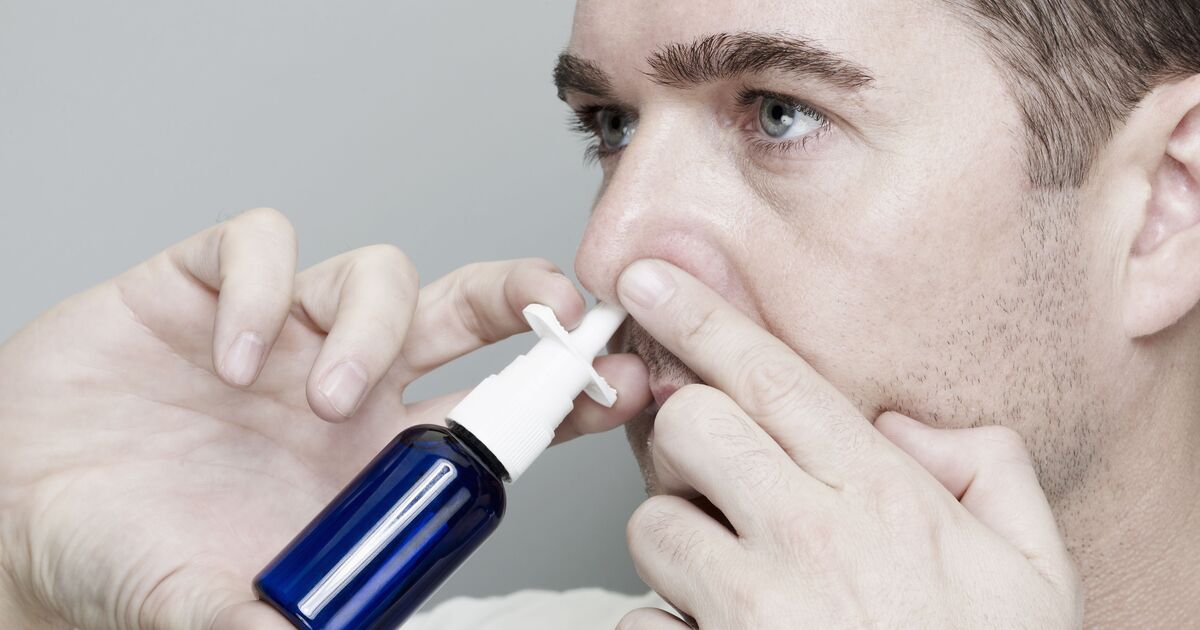

An NHS doctor has warned specific people against using nasal sprays, warning that doing so could induce "horrible" symptoms. Nasal decongestants are widely sought after for those needing respite from a blocked or runny nose, as they help reduce inflammation and congestion within the nasal passages.
These medications are typically used to combat conditions such as colds, flu, and hay fever. Nevertheless, one healthcare expert cautions that they are not appropriate for everyone.
Dr Suraj Kukadia, also known to many as Dr Sooj, issued advice on the social media platform TikTok outlining situations where one should abstain from nasal decongestants. Notably, he mentioned: "If you have a sore throat or a sinus infection or sinusitis, please do not use nasal decongestants."
He highlighted their operation by pointing out that they constrict certain blood vessels, thereby lessening nasal discharge and alleviating associated symptoms temporarily.
He went on to advise against prolonged use, saying: "But the problem is that people would use them for more than that, people use them for more than two or three days. And when that happens, you then get really nasty rebound symptoms and a condition called rhinitis medicamentosa."
Rhinitis medicamentosa can be "horrible," warned Dr Sooj. "You do not want that, because once you've come off the medication, it then gives you these horrible rebound symptoms and you feel that you need to go back on it," he explained.
"And then you keep using it, and the longer you use it, the worse the rebound symptoms are going to be, and then it's a nightmare to stop using them to come off them. So please don't do that."
Cleveland Clinic experts have highlighted that rhinitis medicamentosa could impact "anyone" who uses nasal decongestant sprays, drops or gels. "It usually affects people who use these sprays for seven to 10 days or longer," they noted.
The primary symptom of this condition is nasal congestion, which may also present with itchy nasal passages, a runny nose, sneezing, and a blocked nose. The clinic added: "Most types of rhinitis cause other symptoms that affect your eyes, ears or throat. However, rhinitis medicamentosa only affects your nasal passages."
For those experiencing symptoms of sinusitis, Dr Sooj advises consulting a GP instead of self-medicating. Antibiotics might be necessary in some cases.
He said: "If you've had sinusitis symptoms for more than a couple of weeks, then go to your doctor. There are things that we can do. We can sometimes, we might recommend things like nasal steroids, but they take a little while to kick in. Sometimes you might just need to wait out the infection and on the odd occasion, we might prescribe antibiotics. If you have any concerns, please go and see a healthcare professional."